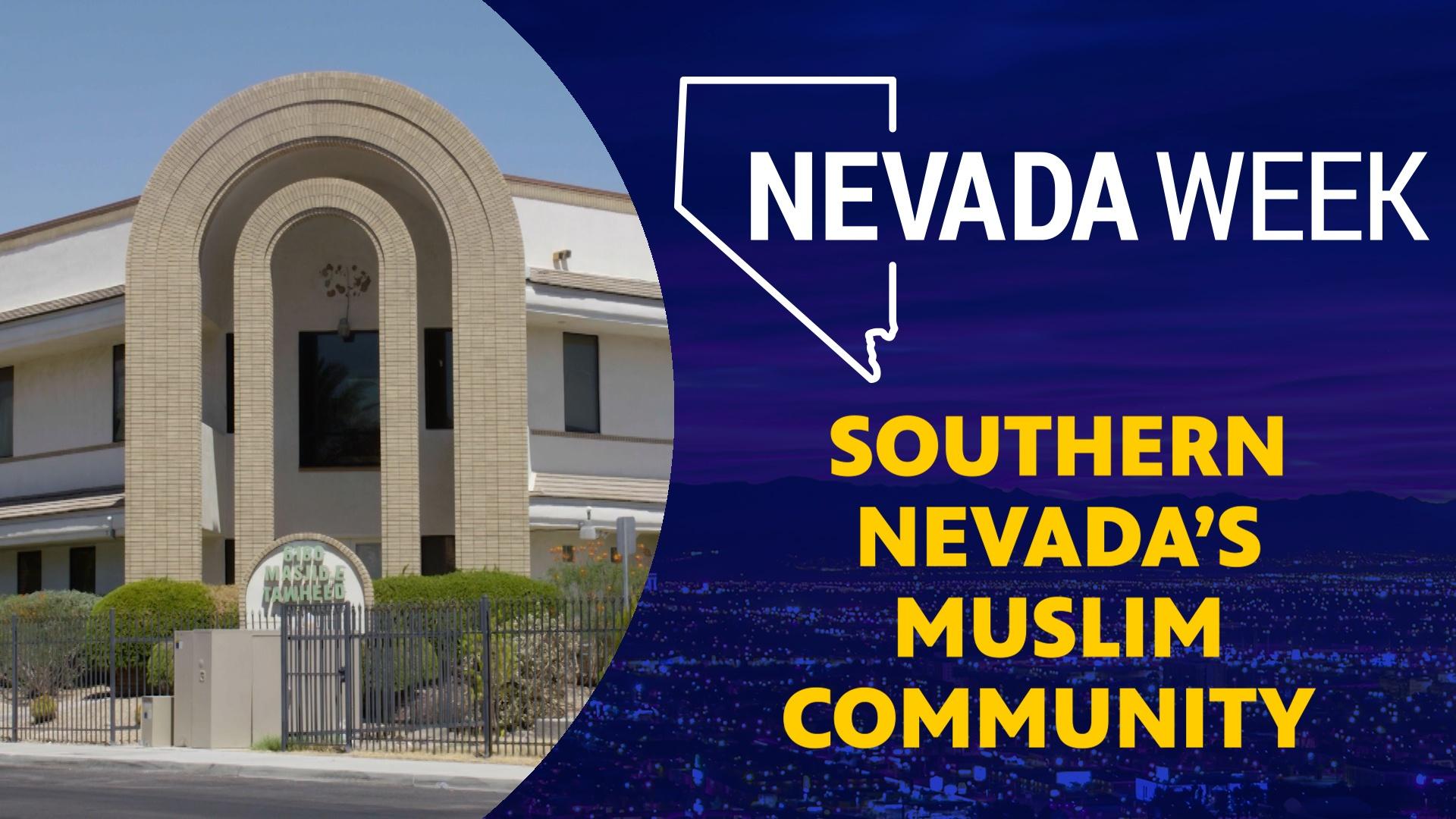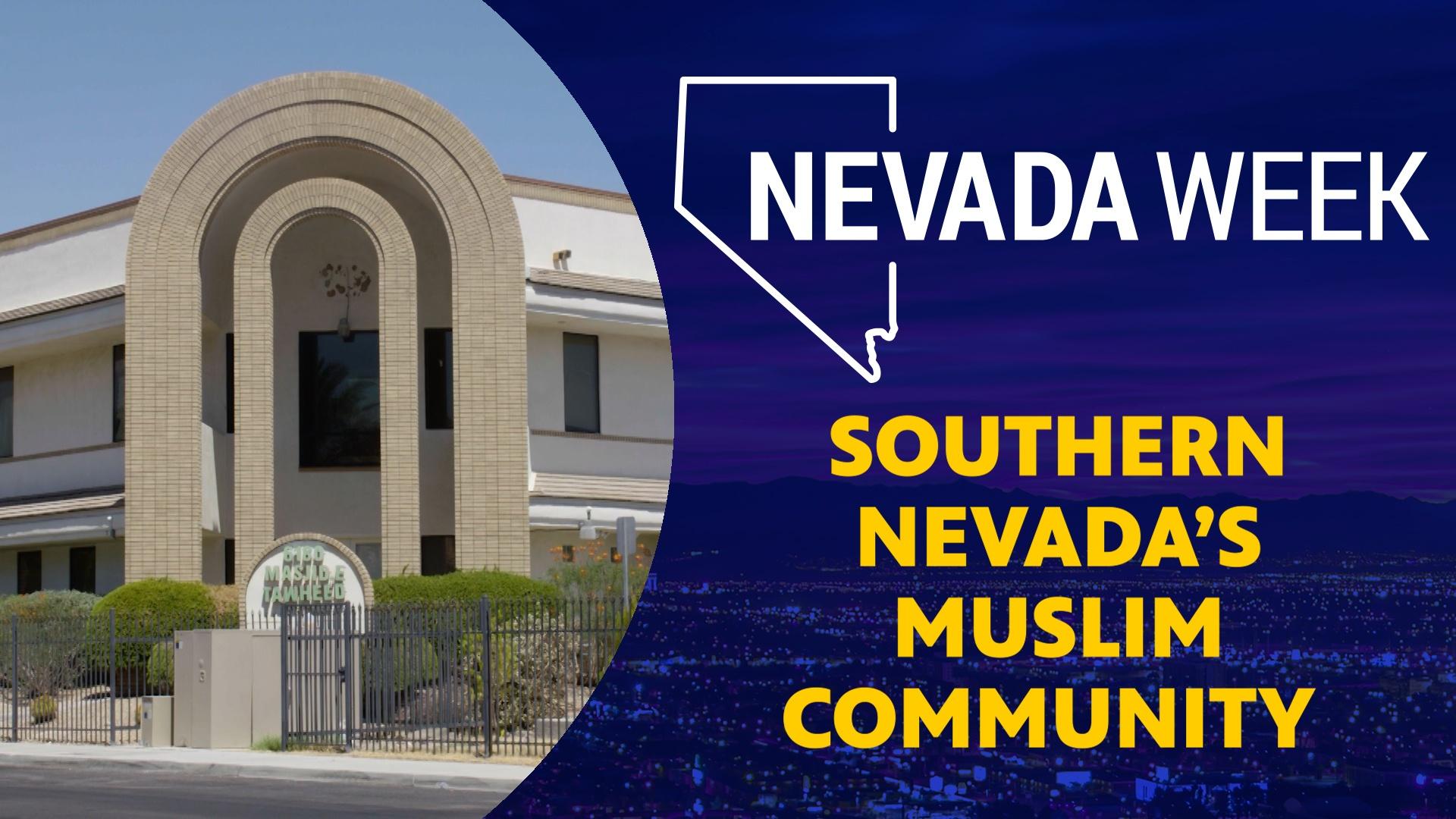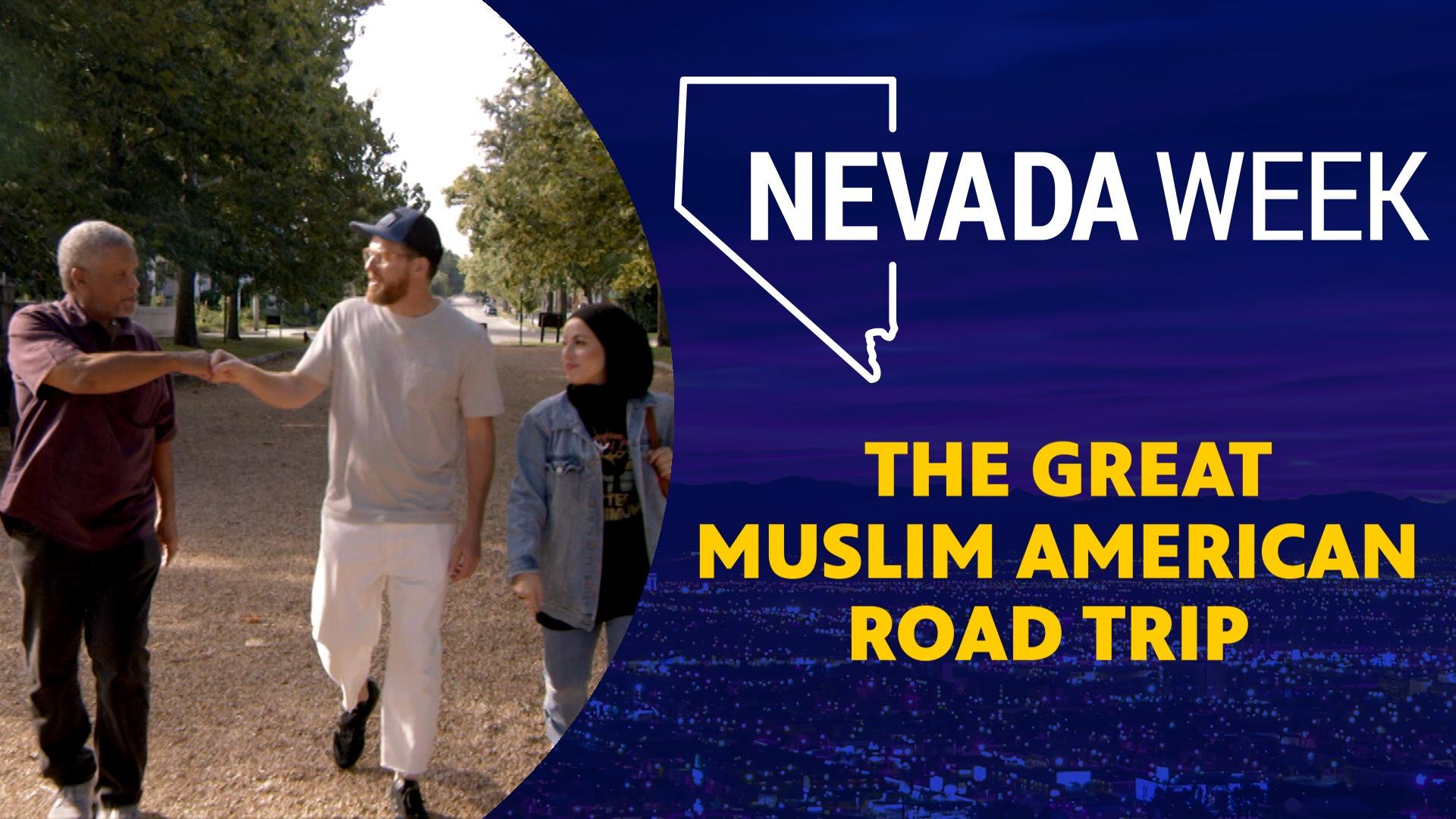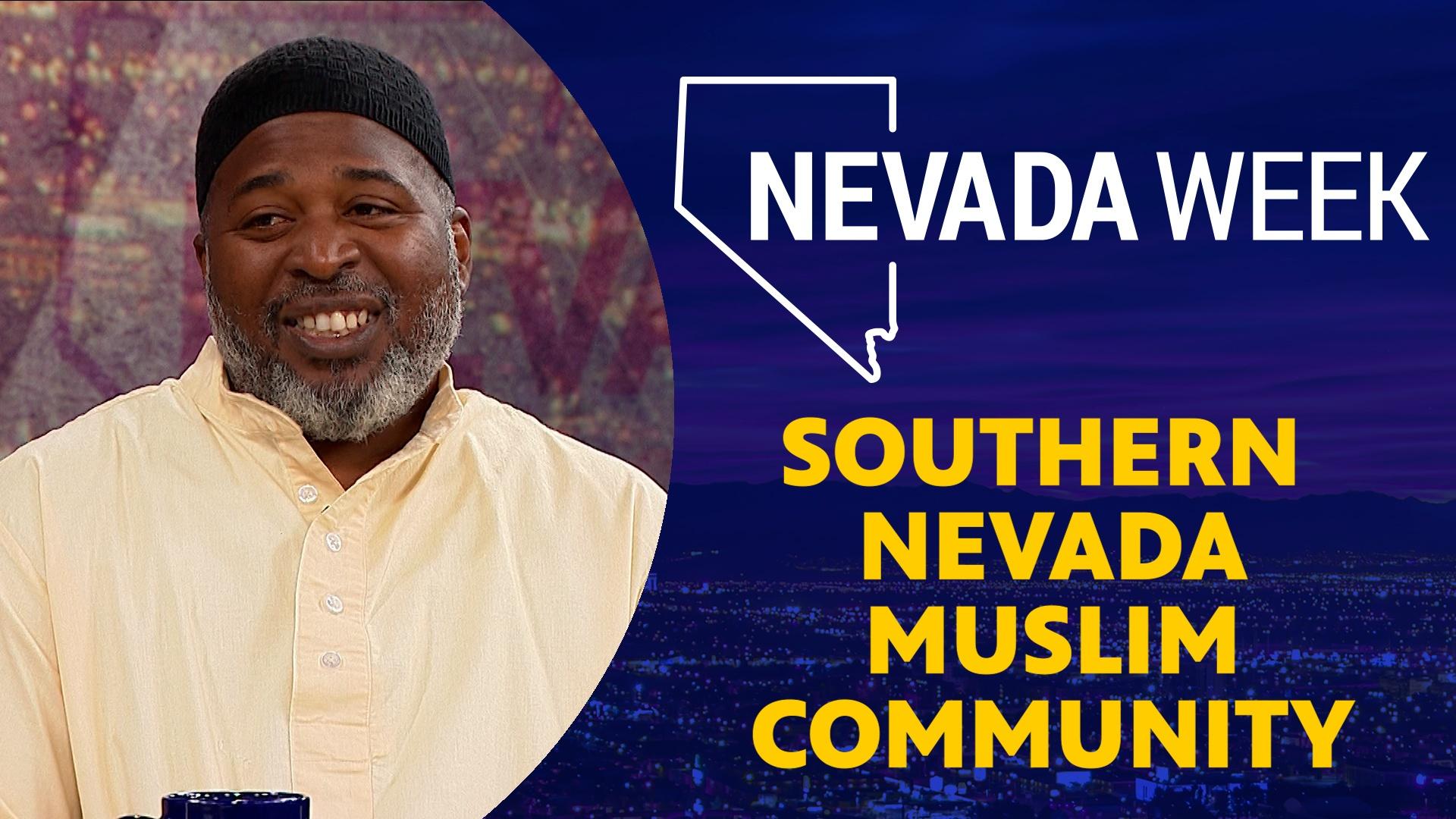Southern Nevada’s Muslim Community | Nevada Week


A look at the Southern Nevada’s Muslim community.



SEASON 4: EPISODE 52 | Airdate: 7/8/2022
A new PBS documentary highlights the Muslim-American experience through a road trip along the legendary Route 66.
Musician Mona Haydar and her husband Sebastian Robins decided to make the trip at first as a kind of second honeymoon, but they quickly realized it was so much more. Robins said along the way they met amazing people in some unlikely place.
Haydar said people who watch the project, known as the “Great Muslim American Road Trip,” will get a glimpse of her and Robins being their authentic selves. She said that many people on TV, even reality TV, are scripted but viewers of the road trip will see them just being themselves.
One of the most striking discoveries along the way was the history of Islam in America. Robins said they thought they knew some of the history of Islam in the United States but were blown away at what they found out. Some of the first Muslims in the U.S. were brought here as slaves in the 1500s, and during the slave trade, even more Muslims were brought to the country and kept their religion during their captivity.
Haydar and Robins are perhaps best known for “Ask a Muslim,” which was a series of conversations that went viral in 2015. They set up a table at a library in Massachusetts, following the terror attacks in San Bernardino and Paris, encouraging people in the community to ask them questions.
Haydar said the experience was amazing. She believes when you really get to know people and talk directly to them you can no longer hate them. Instead of being strangers, people become “beloveds” and when you’re surrounded by beloveds, then you’re home she said.
Robins converted to Islam after meeting Haydar in 2012. He grew up with a Christian mother and a Jewish father. He said he had a rich understanding of God from both of those faith traditions, but when he met Haydar, he said he met his “muse” He credits her with giving him the keys to the castle and allowing him to explore.
As far as the road trip, Robins said they were received beautifully around the country, noting that there is a certain vulnerability to travelers and people reach out to make you feel welcome. He felt like the trip was very charmed and blessed.
The two stopped in Las Vegas during their journey, which Robins described as being “in some ways the best and most profound” stop on the trip.
Haydar said while here they visited the Muslim Village, which is part of the city’s Historic Westside. They met a woman who started the village by first delivering food to those in need. That grew into a mosque, a job training center, a food pantry and much more.
That woman was the late wife of Imam Fateen Seifullah, Nissa Seifullah died in January from COVID-19. The imam told Nevada Week that he is so grateful for Haydar and Robins shining a national spotlight on the village.
Rafat ‘RJ’ Khalaf moved to Las Vegas when he was just a child. He has known Imam Fateen his whole life. He called Imam Fateen and his wife “gems of the community.”
Khalaf believes the general public’s understanding of Islam is improving. He believes that is partly because the younger generation is better at expressing what their faith is and they are more proactive instead of defensive.
He believes the younger generation is more unapologetically Muslim, who define who they are themselves and don’t let narratives in the media define them.
Khalaf can’t exactly say when that change happened but he can say that he felt there was a boost from protests to former President Donald Trump’s so-called Muslim ban. Khalaf said that effort to protest the ban brought together intertwined allies to draw strength from each other.
Imam Fateen believes the younger generation – Muslim or non-Muslim – are fearless and are now creating an America that they want to see and where they want to raise their children. He also believes that people in Khalaf’s generation brought Islam to the mainstream.
Khalaf has only lived in the post-9/11 world where misconceptions and misunderstandings about Islam abound because of the attack. His first day of kindergarten at a private Muslim elementary school in Las Vegas was Sept. 12, 2001.
Even years later at Coronado High School, when he started Muslim Student Association, he faced discrimination because of his faith. Khalaf said non-Muslim kids that he tried to recruit to be part of the club would often say ‘yes,’ but then come back later to say ‘no’ because their parents told them they couldn’t be part of it.
The Muslim students in the club often found it a safe place to be away from jokes about them being terrorists or being made fun of because their names were Muhammad.
Imam Fateen noted that the mosques in Las Vegas received tremendous support in the days and weeks following the terrorist attacks. He said people from other faiths would call to ask if they needed help or if they needed someone to protect the mosque while they prayed.
Las Vegas is not often seen as the most religious city, and in fact, is built in many ways on the kinds of activities – drinking alcohol and gambling – that are forbidden by Islam, but Imam Fateen said he works to have the light of God outshine the lights of the Las Vegas Strip.
And Khalaf, whose wife is having a baby soon, says that everyone who really lives in Las Vegas knows there is more to it than the Strip. He said that as long as there are great people like Imam Fateen in Las Vegas and great places like the Muslim Village, Las Vegas will be a great place to raise his children.
